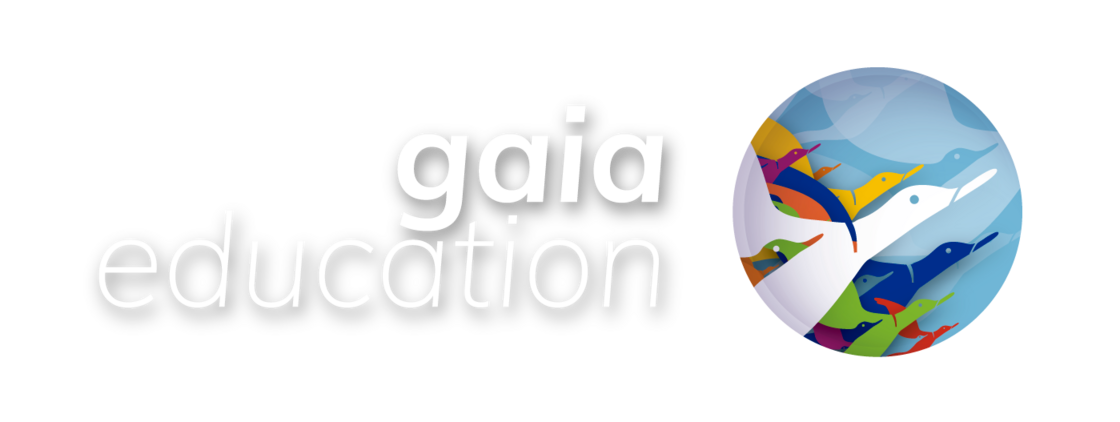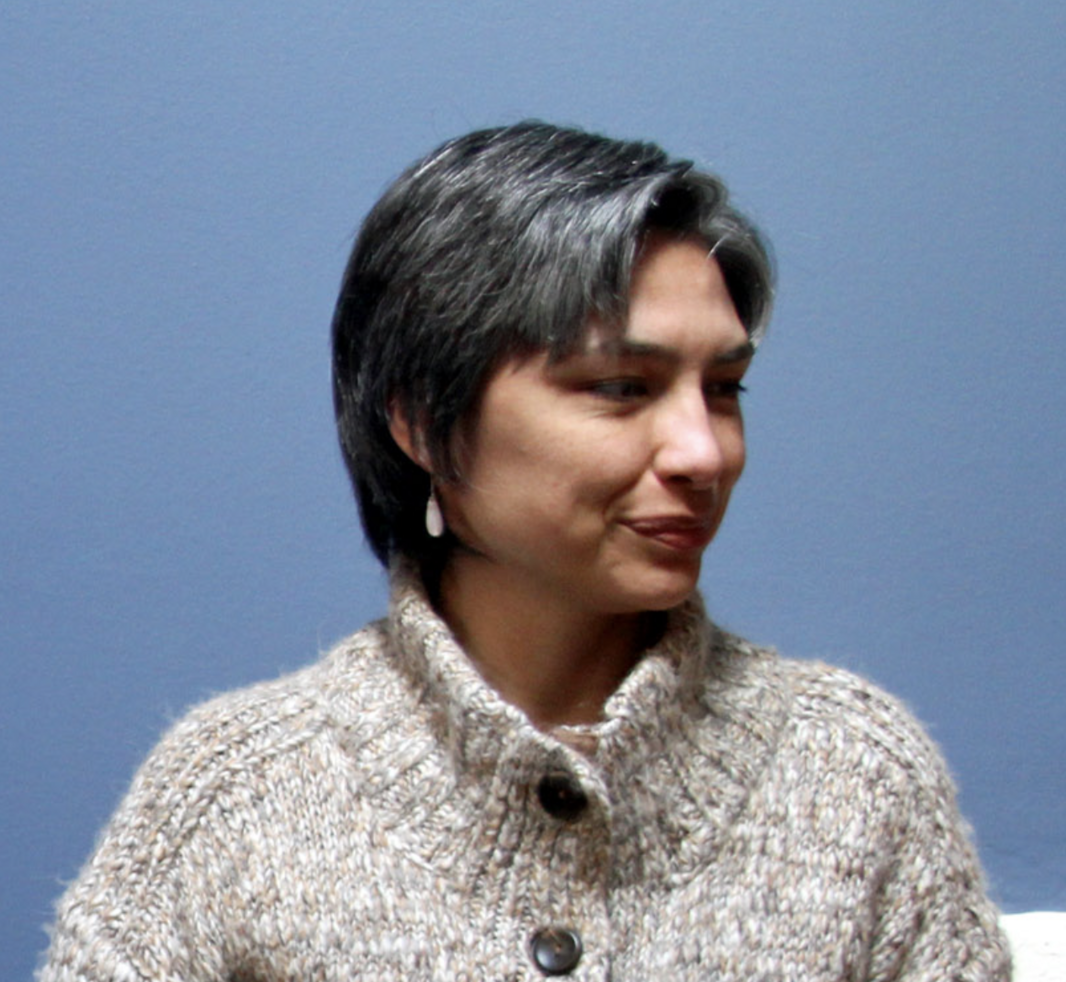Systems Thinking for Real-World Change
Programme Overview
Type: e-Learning
Start Date: December 2, 2024
Length: 6 weeks
Study Time: 4 hours +/ week
Target audience:
Facilitation: With Facilitators
Registrations: until December 9, 2024
Developed by:
What do we really mean when we talk about “systemic” problems or say “the system is broken”? We may be familiar with “systems thinking,” but what does it look like in action? Living in a linear and highly cartesian world, we tend to throw around these words and concepts, but do we really know what it means to apply them?
This course helps you to find simple ways of referencing the “systems” level of reality throughout your daily life and work life. We explore both tangible, in-the-box methods, and a touch of the esoteric. As a student participant, you will find yourself immersed in dramatic news events, somewhat dry academic models, heart-rending personal stories, and spirituality.
Learn simple frameworks for contextualizing the overwhelming plethora of systems methods and models, as well as frameworks for looking at your own work and where to go next for continued, in-depth systems training.
Each module and most lessons are contextualized in a short video by the instructor. However, with the exception of the Systems Thinking Mini-Course, the real bones of the course are provided by a variety of voices from many different sources and walks of life. While entire talks are included, often the recommended portion is a small selection from a longer video or audio file. Watching or listening to the entire selection, rather than just the required portion, is highly recommended if possible, as this will add to your depth of understanding.
Purpose of this Course
The main purpose of this course is to enable participants to learn how to ask, and begin to answer, the question, “What is the purpose of ‘x’ system?”. Clarifying the purpose of any system is an expedient way to take the focus off of making people wrong or bad and put the focus on the mechanisms at work that make systems “produce outcomes that nobody wants” (to quote Theory U).
The second purpose of this course is to equip participants with a very basic systems vocabulary, such that they have a language to describe what they are seeing when they are trying on the systems view. This is where the Systems Thinking Mini-Course comes in. It is also the reason for drawing outside material from a variety of platforms, with an emphasis on videos to facilitate a more immersive learning experience.
The third purpose is to prompt participants to continue their systems education through specific recommendations for further learning. With these in place participants will feel emboldened to “intervene” in the systems they are a part of for positive change. Three potent example stories for collective review and in-depth discussion provide the training ground for applying these tools to the real world.

Testimonials
Course Facilitator
Felicia Chavez is the founder and director of Systems Thinking Marin, a nonprofit project under a fiscal sponsor organization (Inquiring Systems Inc.). Systems Thinking Marin was a one-person outfit that operated from fall of 2017 to fall of 2022. In that time Felicia promoted systems thinking in Marin County across many different organizations, including through direct support of local community groups in a low-income neighborhood of Marin County.
Felicia’s systems thinking training is varied. She first learned about the field from Bruce McKenzie, who calls his particular practice “systemics.” Later as a PhD student, Felicia incorporated systems thinking into her dissertation, drawing largely from Fritjof Capra and Pier Luigi Luisi’s The Systems View of Life, and later completed the Capra Course. Felicia has also completed the Presencing Institute’s Foundation Training (Theory U), and +Acumen’s Omidyar Group systems mapping training.
Felicia completed her B.A in Psychology at Dominican (1999), and a Green MBA (2007). Most recently she has earned a PhD in Mythological Studies at Pacifica Graduate Institute. Her dissertation title is Sustainability and Spirituality: Common Threads and Common Threats. She is passionate about scientific literacy, direct spiritual experience, and a systems thinking approach to sustainability. From June 2018 to July 2022 Felicia was president of the local chapter of the United Nations Association.
In Fall of 2022 Felicia and her partner relocated to Pennsylvania from Northern California. She aspires to one day teach mysticism and religious traditions at a small liberal arts university.
Learning Objectives
- A basic understanding of the magic and power of asking the question, “What is the purpose of this system?” in a variety of contexts.
- Appreciation for the primacy of relationships (interconnections) in systems thinking.
- Ability to identify a “systems-type approach” to making the world a better place, whether it calls itself systems thinking or not.

Course Content
Modules & Live sessions
Final Project
Participants can choose situation from their professional or personal life or from the news and will analyze and approach utilizing the concepts and tools learned through the course.

Course Structure
Structure
Each Module will offer:
- A pre-recorded presentation of approximately 15-20 minutes introducing the topic and providing context to the materials and prompts;
- Assigned readings and/or watching/listening to materials relevant to the content of the module;
- A dedicated forum;
- Prompts in the form of questions, suggested practices, exercises or reflections for discussion;
- It is highly encouraged that participants find a buddy with whom to discuss the topics and do the exercises;
- 1 Live session per module with Felicia deepening and putting the topics into practice;
*2 weeks break for holidays (between Dec, 23rd and Jan 6th).

Certificate of Completion
- The Systems Thinking course runs for six weeks from December to January.
- We suggest you dedicate a minimum of 4 hours a week to receive maximum benefit from this programme.
- You can choose to pay in full or in instalment.
- We provide a limited number of scholarships, please apply here.
- For further information, please email: yan@gaiaeducation.org / ivan@gaiaeducation.org
Graduates of our programmes have gone on to contribute to sustainability projects, build communities, become social entrepreneurs, partake in permaculture projects and bio-dynamic farming, support transition movements and much more.
Course Investment:
Choose the tier that best matches your possibilities and reality. Your payment contributes to those who may not be able to pay the full fee as well as to partial and full scholarships.
- Low income price : £250
- Regular price: £300
- Abundant price: £350
- Limited number of scholarships available. Please apply here.



